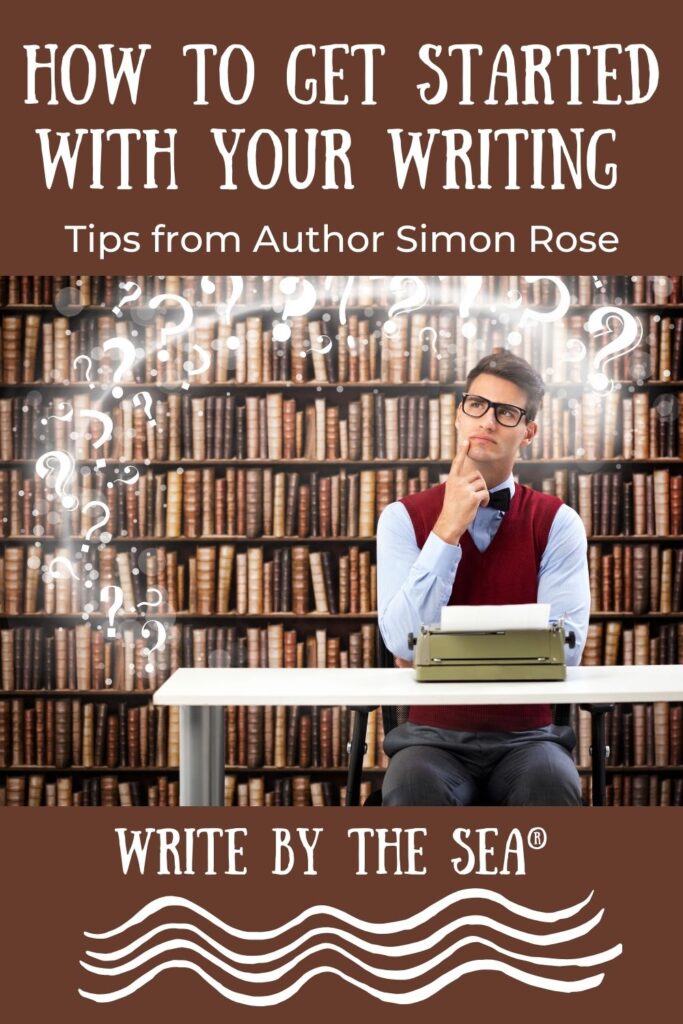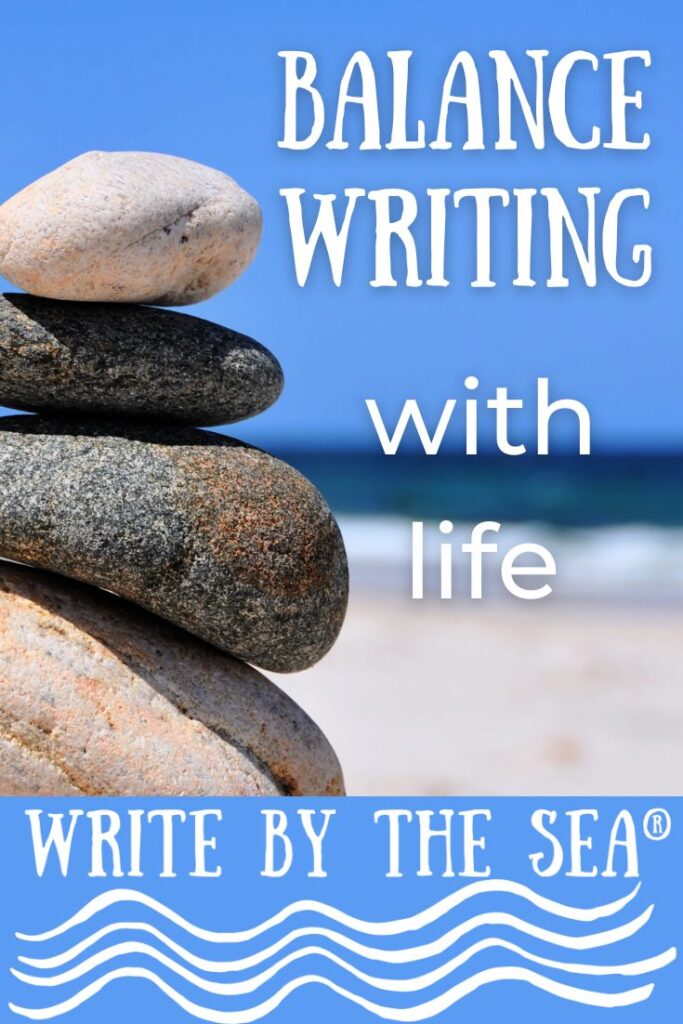by Simon Rose, Contributing Editor (this post is an excerpt from Simon’s book The Children’s Writer’s Guide)

Getting Started
There appears to be an endless number of sites on the web offering advice on writing, concerning where to get ideas, character development, point of view, working in different genres, story structure, the editing process, how to capture the attention of publishers and agents and so on.
And yet one of the most frequently asked questions, especially for beginners, is “How do I actually get started with my writing?”
It may seem like a very simple question, but if you can’t get started, how can you ever make use of all these great tips that published writers, or at least very knowledgeable and prolific ones, offer all the time?
Let’s examine some of the ways you can kick-start your creativity, then stay motivated in your quest to get your writing career not only on track, but into the fast lane as well.
And don’t forget, even established writers sometimes have problems starting a particular project.
Creating the Spark
Free writing, sometimes referred to as stream-of-consciousness writing, involves writing continuously for a set period of time.
Spelling, grammar, punctuation, and even a topic are largely irrelevant.
Although the process may appear to result in mostly unusable material, it can help writers get to grips with their subject matter or to overcome the dreaded writer’s block.
If you’re a regular writer, whether of stories for children, magazine articles, non-fiction pieces or something else entirely, you most likely already have a topic in mind.
But you can certainly adapt the free writing method to suit your own purposes.
It can be a good exercise to see if you can write a certain number of words in a day, but don’t be too concerned with the quality of the ideas.
Nor do you need to think too much about editing and revising at this stage, since you can do that later.
When you’re engaged in the exercise, the objective is to write as much as possible in the time you have allotted.
You may decide to complete a certain word count completed that day or set yourself a time limit.
Working against the clock may give you the incentive you need to get the job done.
Writing a thousand words, for example, may seem daunting, but is very achievable.
Even if you end up deleting a lot of this text afterwards, you still have the material to work on, no matter how irrelevant some of it may turn out to be.
You’ll have to review the material before you decide which parts to get rid of, and in the process, you might get some new ideas for the project or take it in a completely new direction as you discover that much sought after inspiration.

Learn more about The Children’s Writer’s Guide and all Simon’s other books on his website at https://simon-rose.com/.
Simon also offers a variety of coaching services for writers and his Writing for Children and Young Adults online course.
Note: Posts and pages on this site may contain some affiliate links for your convenience (which means if you make a purchase after clicking a link I will earn a small commission but it won’t cost you a penny more)! Read my full disclosure and privacy policies…






